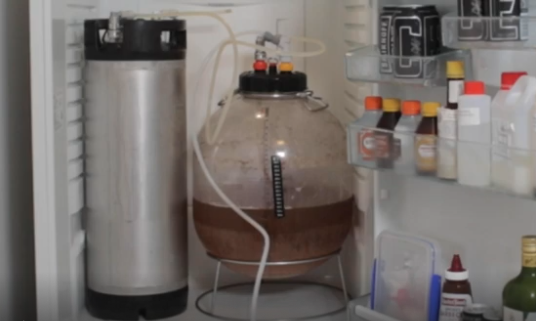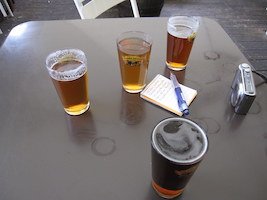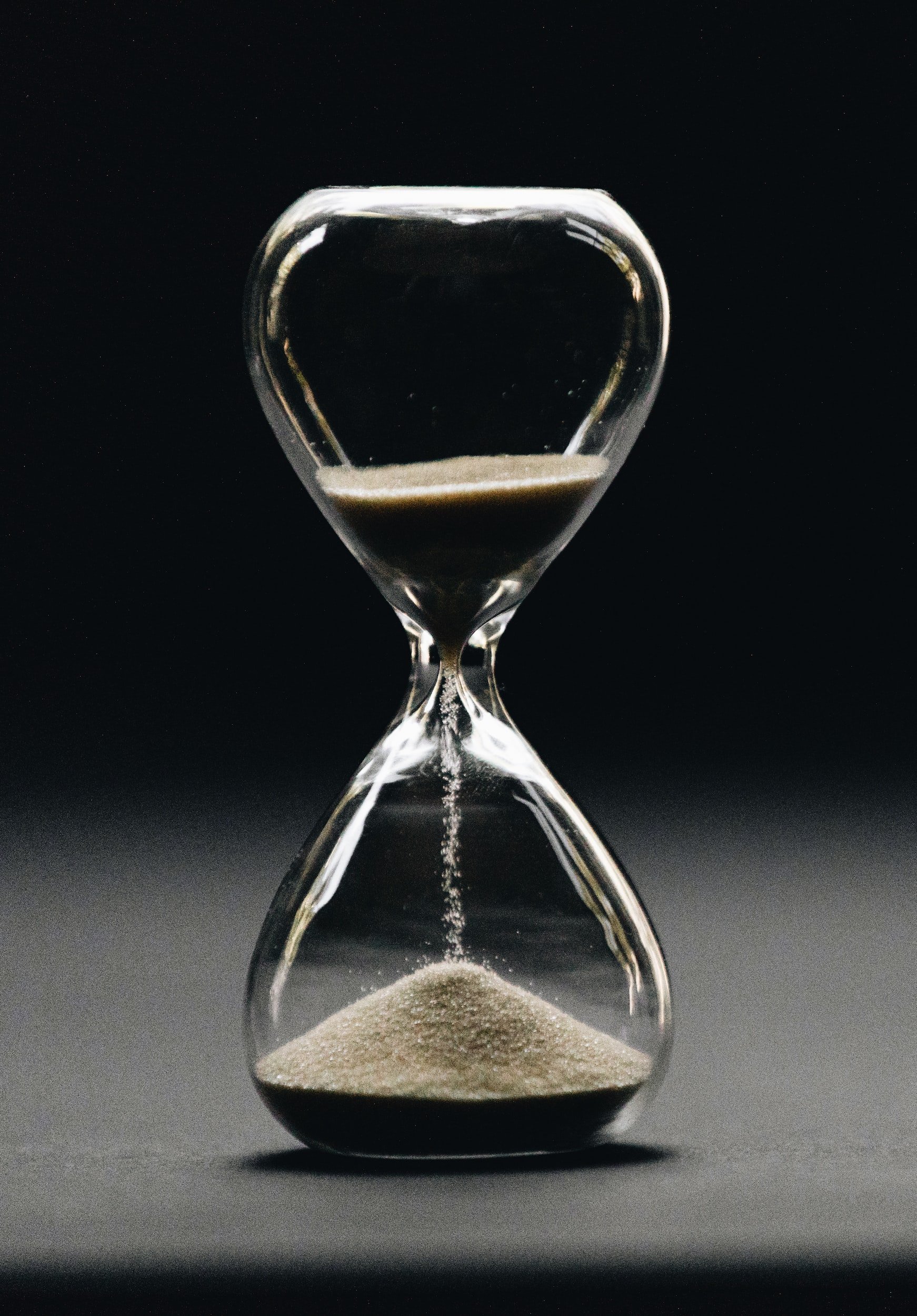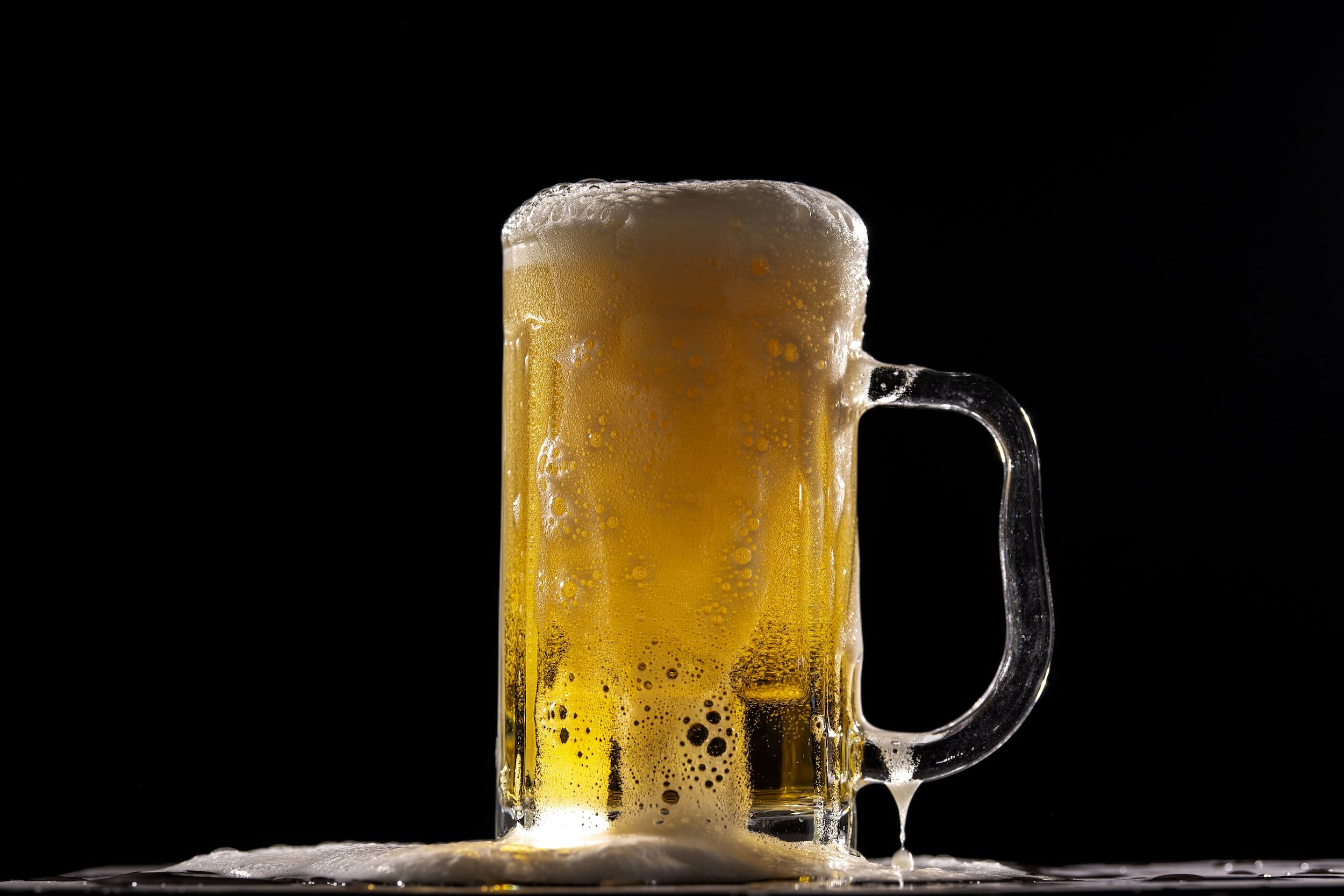This is where you will get all the information I present written down. Lists of ingredients for recipes. Lists of equipment. Beer styles. All of it, in one handy place so you can print it and take your own notes as we go through the podcast and video.
The Blog
Hops: Citra
Citra is a special hop that was developed by the Hop Breeding Company in Yakima Valley, Washington in the early 2000s. It's all about the bright and bold aromas and flavors of grapefruit, lime, passionfruit, and even mango.
Hops: Vic Secret
Vic Secret is an Australian variety (Aussie Aussie Aussie, Oi Oi Oi) that came out in the 2010’s with clean fruity character in whirlpool or dry hop, but producing more earthy tones in the boil.
Hops: Cascade
Cascade was and still is one of the most popular new world hops. Cascade was developed in the 60’s and 70’s by Oregon State Uni as part of the sponsored USDA hop breeding program. As such, access to and the ability to grow this hop is less restrictive than most of the commercially bred hop varieties.
Hops
Hops haven’t always been used to make beer. The ancient Sumerians used herbs to bitter and flavour their beer. Early European concoctions also used herbs. Some had medicinal purposes, some purely for flavouring. Today we call non hopped, herb infused beverages “Gruit”.
So what are hops, and what are they used for?
Handy Brew Gear
There are a lot of sayings about using the right tool for the right job at the right time for good reason - they are good advice. Having the right tools and equipment can make the brew day a lot easier and help you to produce even better beer.
Kegging with a Syphon
We spend a lot of time selecting or developing a recipe, brewing, fermenting and conditioning. The final stage is bottling or legging. We want to reduce the contact between our beer because oxygen causes oxidisation, and in beer that comes across as wet dog.
In this case we’re looking at kegging and ways of reducing oxygen contact when you have to syphon.
Taking Gravity Readings
As home brewers we take gravity readings for a number of reasons:
To check our pre- and post-boil gravity - to see how close we are to our expected numbers and what our mash and brewhouse efficiencies are like.
Prior to fermentation to estimate the amount of alcohol that could potentially be produced.
After fermentation to calculate the actual amount of alcohol in the beer.
Hangover Secrets You Need to Know
What causes hangovers? What are the best cures? Why do we do it to ourselves, swear we'll never do it again the next day, only to turn around and repeat the cycle a week later?
What is your best hangover cure? Let us know in the comments.
16 Tips to Brew Better Beer
20/20 hindsight is a wonderful thing. You can always look back and say “I wish I knew that before…”, but wouldn’t it be great if you actually knew it up front. This post outlines my top tips for brewing better, easier, more consistently and more often.
Oxygen Free Transfer
Transferring from fermenter to keg avoiding contact with oxygen as much as possible. We spent time and money to make the beer, so we want it to taste as good as it possibly can.
Tasting Pale Ales
We do the hard yards by tasting 6 Aussie Pale Ale's to compare them and give you a little information about them and Pale Ale in general. This could have been a much shorter video, but we tend to go off on tangents.
Mangrove Jack’s Kit
Learning to brew a decent handcrafted beer at home has never been easier. This kit combines all the instructions, essential equipment and ingredients to allow you to make great tasting beer.
Beer Styles
When the dust settles, the tried and tested beer styles will still be around, while the fads fade into obscurity. The ever popular Pale Ales, Brown Ales, Stouts and IPA’s will live on while experimental beers will eventually come and go.
Brewing Terms
Confused by brewing terminology? Do brewers sound like they're speaking double dutch? They probably are! This list will provide you with meanings to the most commonly used brewing terms.
Extract and Fresh Wort Kits
Years and years ago there was only one option to make home brew, the beer kit. Now you have the option of extract kits, fresh wort kits and all grain brewing.
Can I Be A Brewer?
Anyone can become a brewer. With just a little equipment, some simple ingredients, basic knowledge and time, you can brew a more than decent beer. The only question is how far do you want to go?















